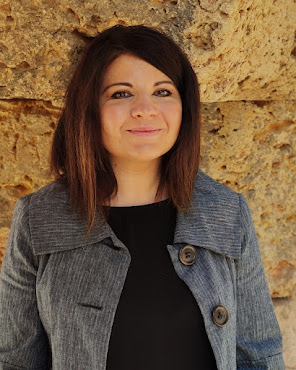CALL for papers for the EAA Rome, 28-31 Aug. 2024. Session: Persisting and changing work identities, from the Prehistoric to the Hellenistic Mediterranean
EAA Rome 2024 - session #520
Panel organisers: Helle Hochscheid, Ann Brysbaert, Alexis Gorgues
Markers of identity operate in a fluid continuum both in antiquity and nowadays:
each identity is a label we ascribe to ourselves (emic) and others (etic). In
the contexts of work and crafting, aspects of class, rank, race, age, gender,
job status, religion, and occupation play important roles in how we ourselves,
as well as others, shape a person’s identity.
Each label or ascription is linked to specific behaviours (e.g.
political posture). Moreover, specific feelings are connected to (self-)identity,
determining how we behave towards others. Outward behaviours, appearances and
accessories are what indicates, out of choice or necessity, whether someone
belongs, is weird, or worthy of esteem. A level of judgement is also involved,
and while labels have always been part of our judgements and categorization of
people’s identities, there is far more fluidity and ambiguity in label
ascription than we tend to think, both now and in the past.
In archaeology, traditional identities along the lines of, for example, male/female, Greek/foreign, craftsperson/landowner, free/enslaved, etc., are not easily determined. People have always had multiple identities, fluid and ambiguous, based on many factors in endlessly varied combinations. This session will address the ways in which ancient craftspeople and labourers shaped their multivalent identities through a range of markers, some chosen, some ascribed by others. Among the topics explored will be:
1. Women’s work, from the traditional meaning of this term, to work assumed to be ‘male’, and everything in between
2. Emic vs. etic views of a person’s (work) identity
3. Correlation between local/non-local status, or alternatively, socio-political status of labourers
4. Modern-day constructs of class and wealth applied to ancient craftspeople and their impact on identity formation
5. Ancient identity constructs of (craft) labourers that reverberate in modern society




Comments
Post a Comment